
The mobile apps industry is expected to generate $935 billion globally in 2025, but only if it leverages the right technologies. After analyzing 200+ successful apps across 15 industries, we’ve identified the 15 most impactful trends developers and businesses need to adopt. Whether you’re an established enterprise building fintech apps in Singapore or a startup looking for healthcare solutions in Canada, these strategies will define winners and losers.
Keeping up with the latest trends and technologies is crucial for everyone. Whether you’re a business owner or an app developer, staying updated helps you meet user expectations and enhance satisfaction, ultimately driving more leads and business growth. Let’s discuss these latest trends.
Get a free custom app development consultation.
1. AI-Driven Mobile Applications
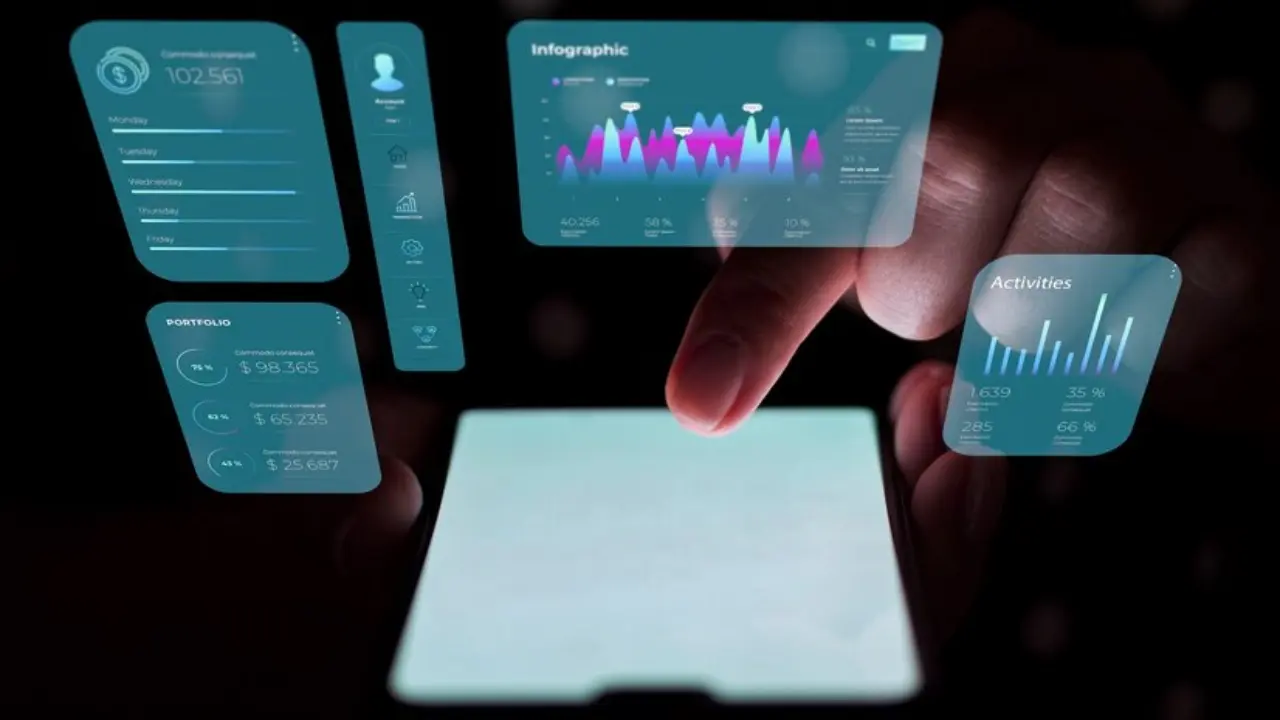
Artificial Intelligence is no longer a futuristic buzzword. In 2025, AI in mobile app development is a baseline expectation. From chatbots and voice assistants to intelligent content recommendations, AI empowers businesses to deliver ultra-personalized experiences.
Netflix suggests what to watch, Spotify builds your playlists, and now even fitness and fintech apps use AI for tailored coaching or financial advice.
Looking to develop an innovative mobile app for your business?
2. 5G Enables Real-Time, Feature-Rich Experiences

The global rollout of 5G technology has revolutionized how apps are built and consumed. With 10x lower latency and up to 100x faster speeds, 5G powers real-time features like AR navigation, live multiplayer gaming, and seamless video streaming.
More importantly, 5G supports simultaneous connections, making it essential for apps connected to IoT devices or managing smart city functions.
Boost Your Online Presence with TechVerdi’s Web Solutions!
3. Wearable App Development Expands Beyond Fitness
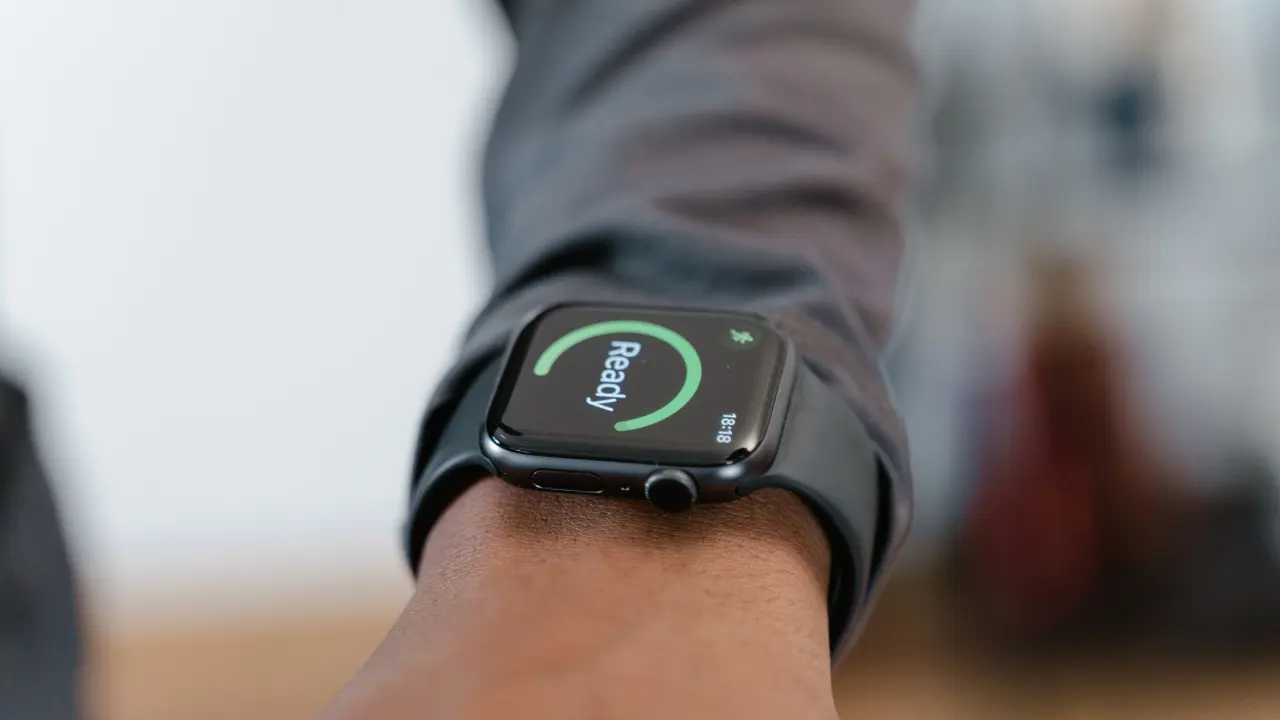
Gone are the days when wearable apps were only about counting steps. In 2025, smartwatches and wearable devices are driving innovation in healthcare, productivity, remote work, and payments.
Apps for smart rings, AR glasses, and even smart clothing will become more mainstream. Expect features like real-time ECG, gesture-based controls, and standalone smartwatch apps to dominate.
Ready to Scale Your Business? Explore TechVerdi’s E-Commerce Development Services
4. IoT-Powered Apps for Real-World Connectivity

From smart homes to connected vehicles, IoT app integration is redefining automation. In 2025, mobile apps don’t just run software, they manage physical environments.
Use cases include:
- Remote control of household devices.
- Inventory tracking for warehouses.
- Precision agriculture via sensor data.
- Smart city transport coordination.
The growth in IoT mobile apps is exponential, and developers must focus on real-time data sync, secure APIs, and offline capabilities.
Start your mobile app development journey with our expert team at TechVerdi
5. On-Demand Apps Enter New Industries

On-demand apps are now being developed for industries that were previously offline: telehealth, legal services, freelance education, mental health coaching, and home diagnostics.
The new wave of on-demand mobile solutions will cater to hyper-personalized needs, from AI therapy bots to same-day blood test results.
Improve Your Business Efficiency with TechVerdi’s CRM Solutions!
6. AR and VR Get Practical (and Profitable)

Augmented Reality isn’t just for virtual and mobile gaming anymore. In 2025, AR app development will be crucial for:
- Virtual try-ons in retail (makeup, glasses, clothing).
- Furniture visualization (like IKEA’s app).
- AR learning modules in education and industrial training.
- AR-assisted indoor navigation in large venues or airports.
Virtual Reality, on the other hand, is booming in remote collaboration, mental health therapy, and immersive fitness apps.
Building for North America? Our US team specializes in FDA-compliant health apps.
7. Mobile Commerce & Wallet Integration Go Mainstream

Mobile commerce is no longer optional, it’s expected! In 2025, users demand in-app purchases, subscription billing, and wallet integrations like Apple Pay, Google Wallet, and even crypto payments.
Brands that fail to integrate mobile-friendly checkout systems will lose conversions. Expect apps to feature biometric payments, buy-now-pay-later, and AI-driven upsells.
8. Low-Code/No-Code Accelerates App Launches
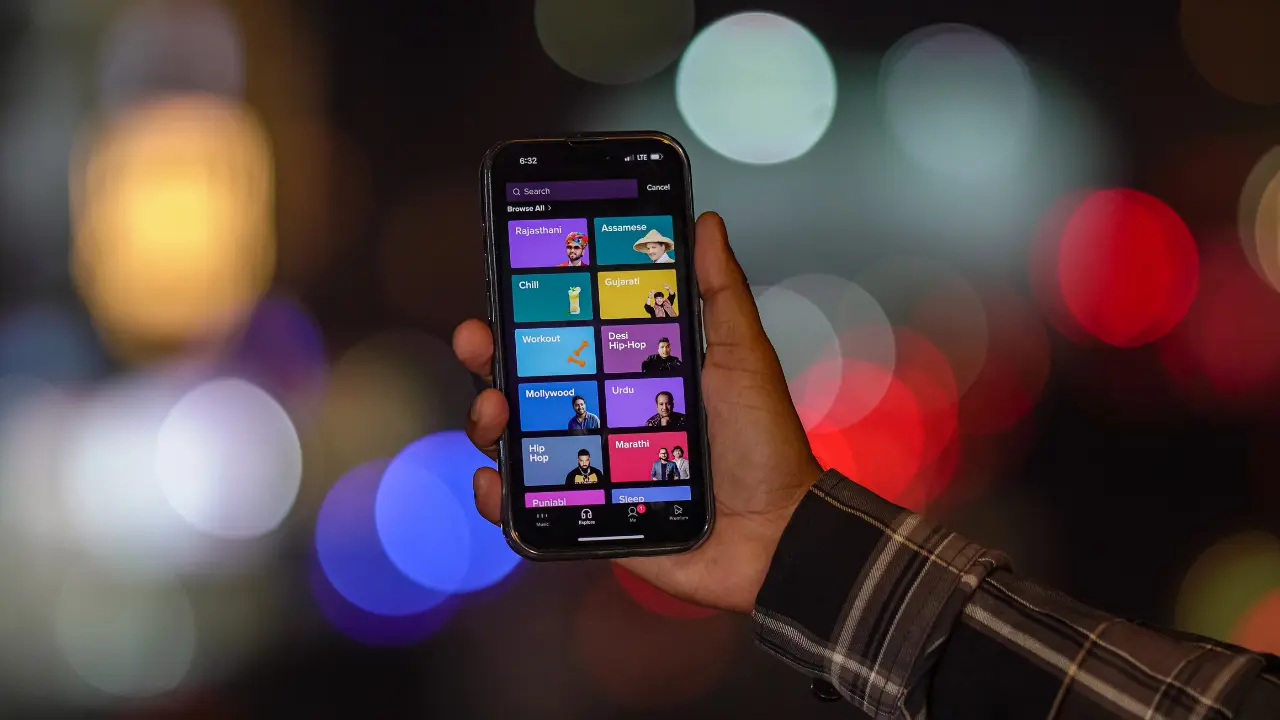
Speed is everything in 2025. Thanks to low-code and no-code mobile development, businesses can test, launch, and iterate apps faster than ever, without hiring full dev teams.
Platforms like Adalo, Glide, and Adapty’s low-code monetization toolkit make it possible to build MVPs, run A/B tests, and ship new features in hours.
9. Alternative & Touchless Interfaces Are Rising
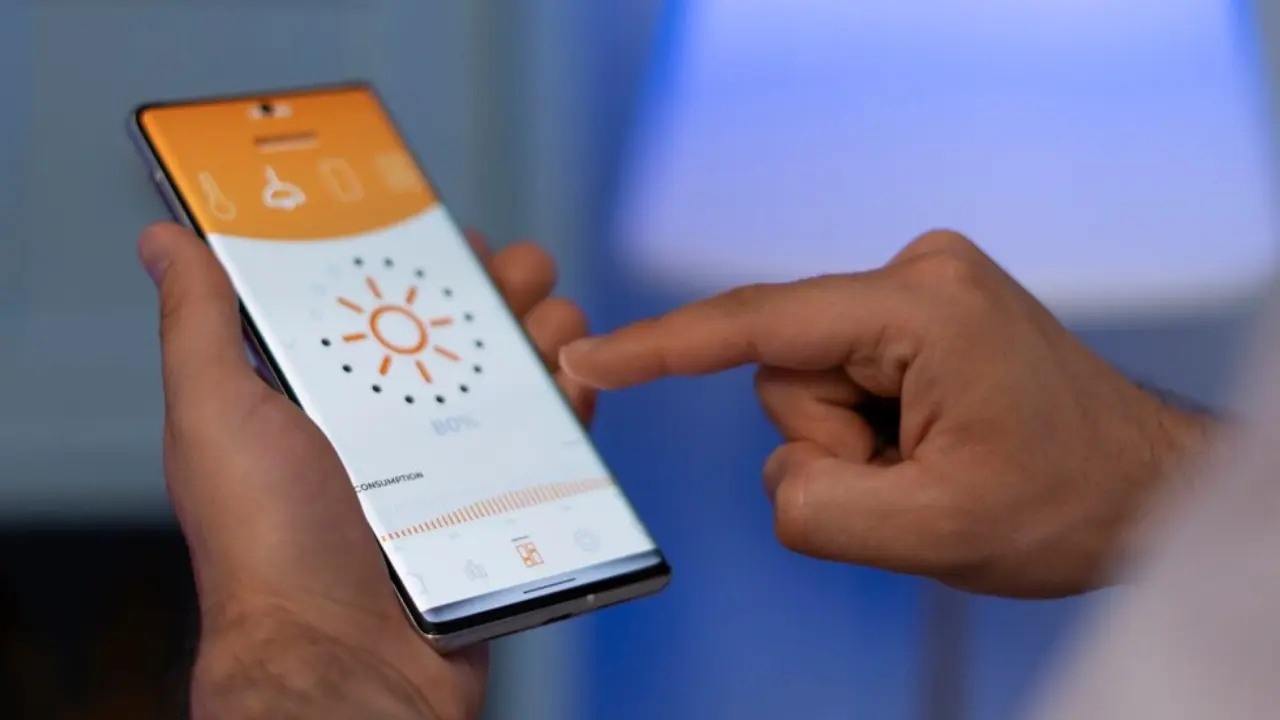
In an accessibility-first world, touchless UIs, like voice control, gesture navigation, and even brain-computer interfaces, are enhancing digital inclusion.
In 2025, expect:
- Voice-first design in smart home apps.
- Face gestures for contactless control in AR/VR apps.
- Voice-to-code solutions for disabled developers.
This evolution is also driving innovation in multimodal UX, where users interact through voice, touch, and visuals simultaneously.
10. Subscription Models Dominate Monetization
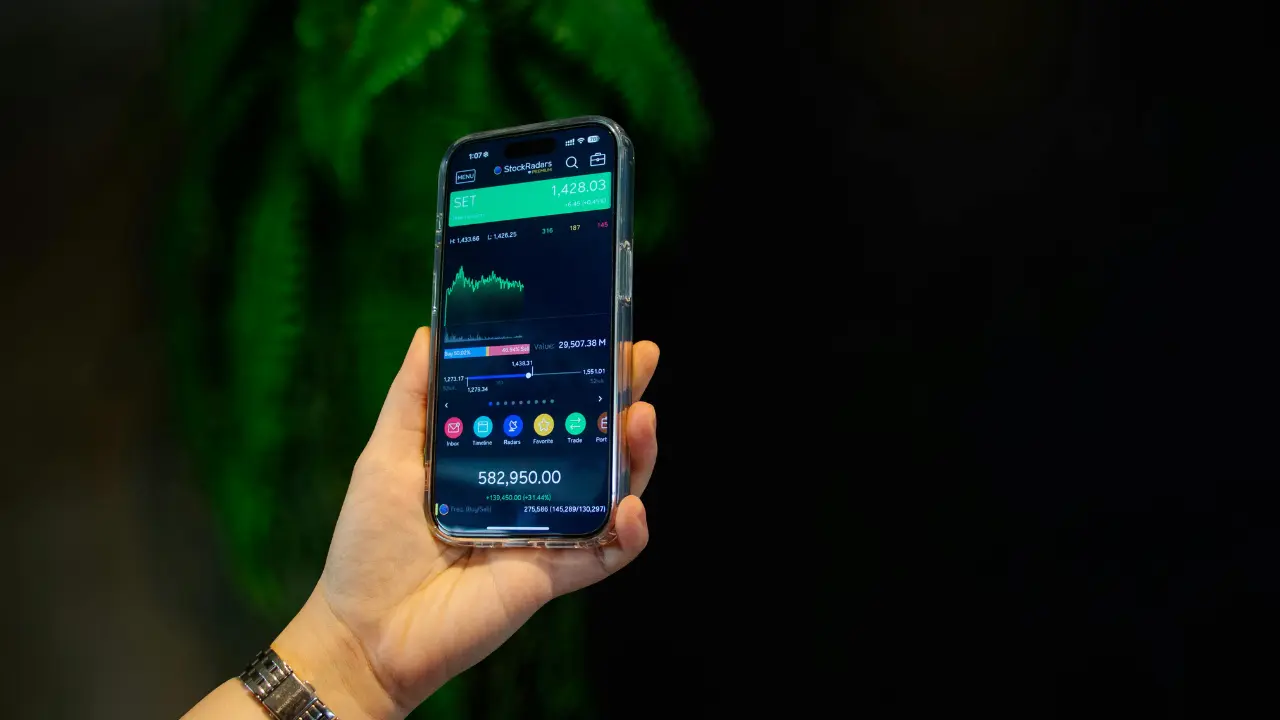
One-time app purchases are out. The subscription app model is now the most sustainable way to monetize mobile apps.
Why? Because it:
- Creates predictable revenue.
- Enhances retention via exclusive features.
- Supports constant improvements and updates.
Apps like Duolingo, Calm, and Netflix have set the benchmark. In 2025, even utility apps are following suit.
Create a subscription model app with TechVerdi.
11. Gamification Enhances Engagement and Retention

Gamification is now a core UX strategy, not a gimmick. From productivity apps like Habitica to fitness apps that turn workouts into quests, game mechanics in apps improve motivation, usage, and retention.
Expect to see more:
- Achievement badges.
- Progress bars.
- Loyalty rewards.
- Interactive storytelling.
Whether you’re building a finance tracker or meditation app, gamification drives behavioral change, and ROI.
12. Blockchain for Secure and Transparent Apps

While cryptocurrency fluctuates, blockchain app development continues to grow in fintech, supply chain, gaming, and even identity verification apps.
It provides:
- Immutable ledgers for security.
- Smart contracts for automation.
- Decentralized databases for transparency.
Developers in 2025 will utilize blockchain applications to reduce fraud, enhance trust, and facilitate ownership (e.g., NFTs in games or digital product resale rights).
13. User-Generated Content Powers Growth

From TikTok to Airbnb reviews, user-generated content (UGC) is essential for both engagement and trust.
New apps in 2025 will be built around UGC frameworks, enabling:
- Video-first content.
- Social sharing features.
- Community-driven content feeds.
- In-app editing and remixing.
UGC also boosts search visibility, as platforms like Google Discover, YouTube, and even Instagram favor apps with active user ecosystems.
14. Predictive Analytics for Smarter UX

Predictive analytics is being used in 2025 to adapt app experiences in real time. Based on behavior, apps will auto-personalize interfaces, suggest actions, and detect issues before they arise.
Use cases:
- Netflix-style content recommendations.
- Health risk alerts in wearable apps.
- Dynamic pricing in commerce apps.
This is AI meets big data, empowering apps to learn and adapt without user input.
Create a custom entertainment app like Netflix today!
15. Foldable Device Optimization Is a Must
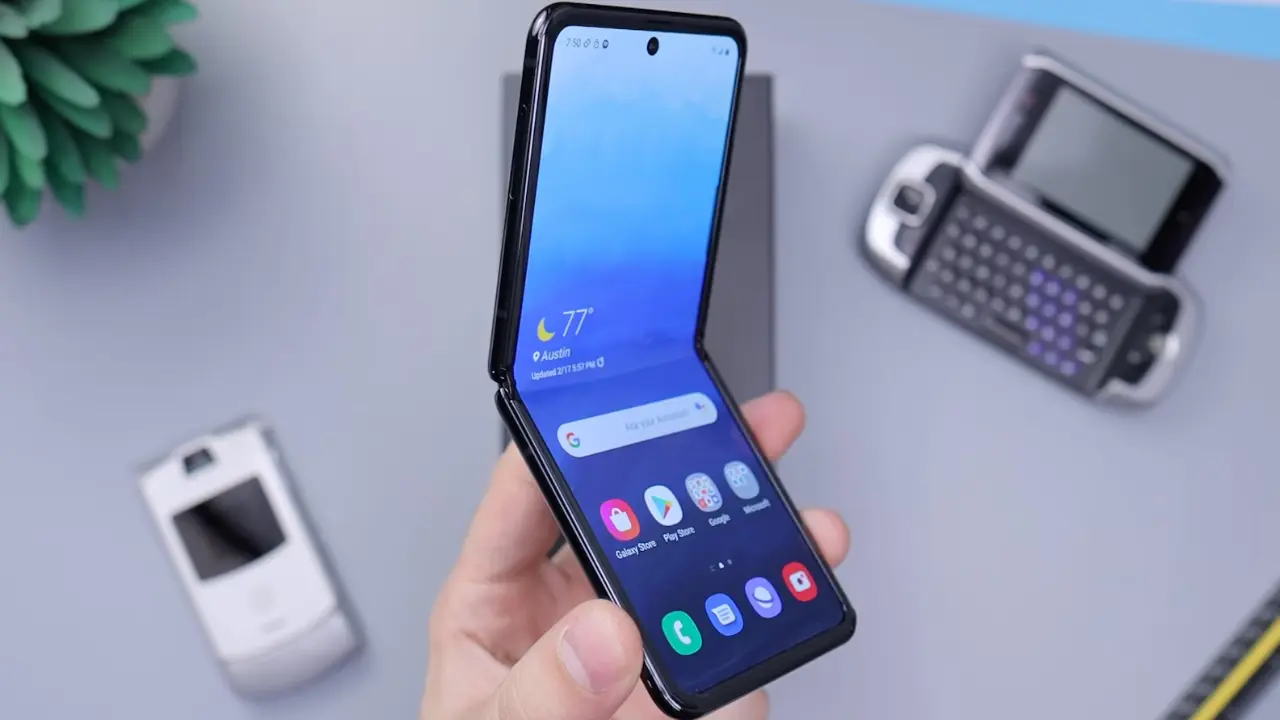
With the rise of foldable smartphones like the Galaxy Z Fold and Surface Duo, developers must now build for flexible form factors. That includes:
- Responsive layouts that adapt to folded/unfolded states.
- Split-screen features.
- Drag-and-drop workflows between panels.
Designing for foldables is no longer a novelty, it’s a competitive necessity for premium Android users.
Final Thoughts
In 2025, users don’t just want faster apps, they want smarter, more intuitive, and context-aware solutions that improve daily life.
By embracing these mobile app development trends, you not only future-proof your products but also create space for innovation that users actually care about.
Want to stay ahead of the curve? Explore how TechVerdi helps businesses adopt these trends through custom mobile app development.
FAQs
AI apps, 5G integration, wearable tech, IoT, AR/VR, and low-code platforms are leading mobile app trends in 2025.
Healthcare, fintech, e-commerce, education, and logistics gain the most from trends like AI, blockchain, and predictive analytics.
AI-powered personalization is the most in-demand feature in apps today.
ChatGPT accelerates app development by powering chatbots, content, code, and smart features.
Yes, no-code platforms are ideal for launching MVPs, internal tools, and user apps faster and at lower cost.
Yes, foldable phones require responsive UI/UX for seamless, multi-screen user experiences.
AI chatbots, mental wellness apps, fitness trackers, and e-learning apps are seeing the fastest growth.
